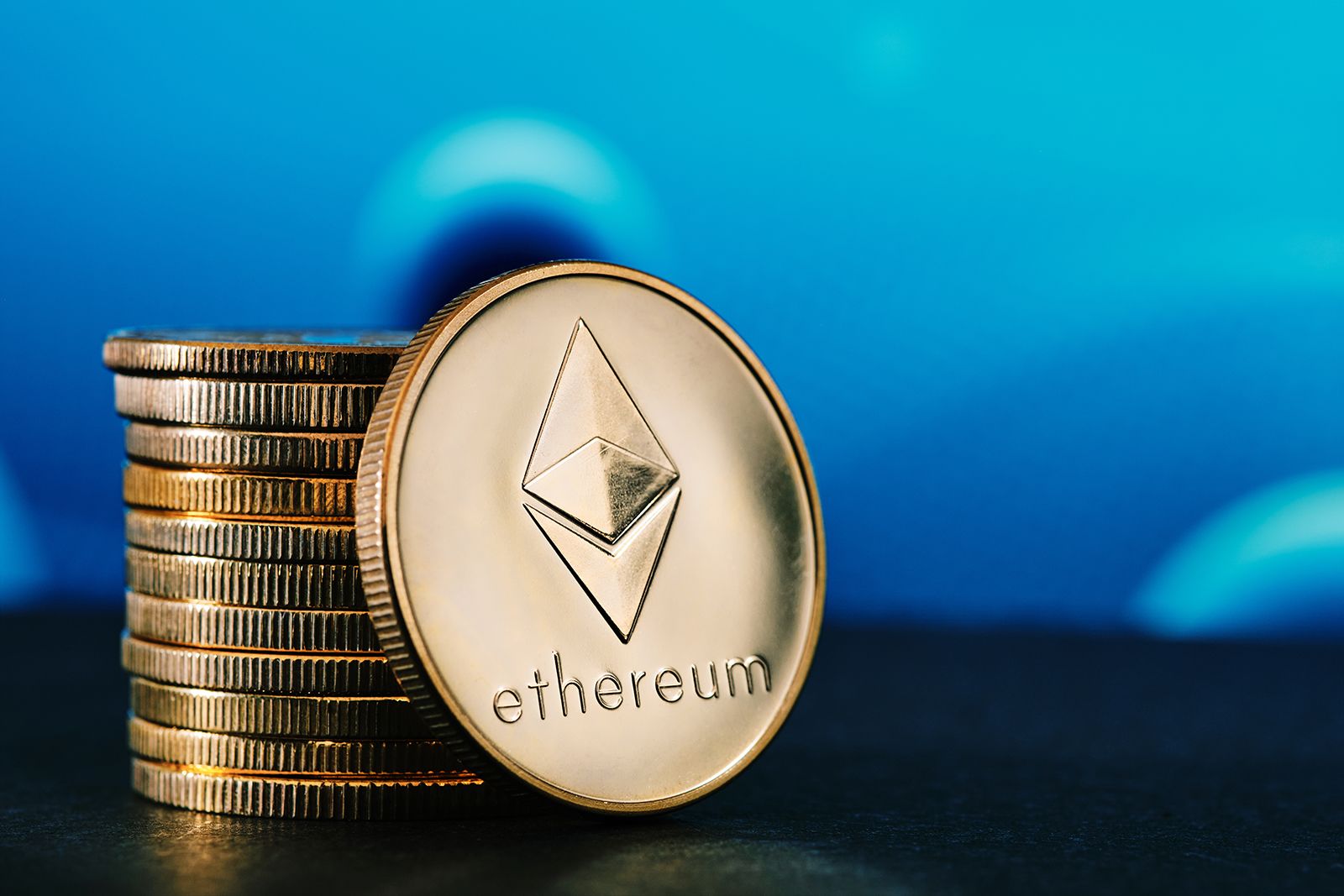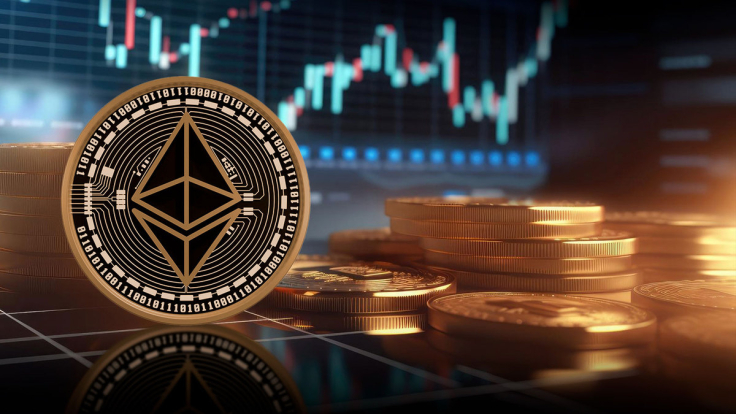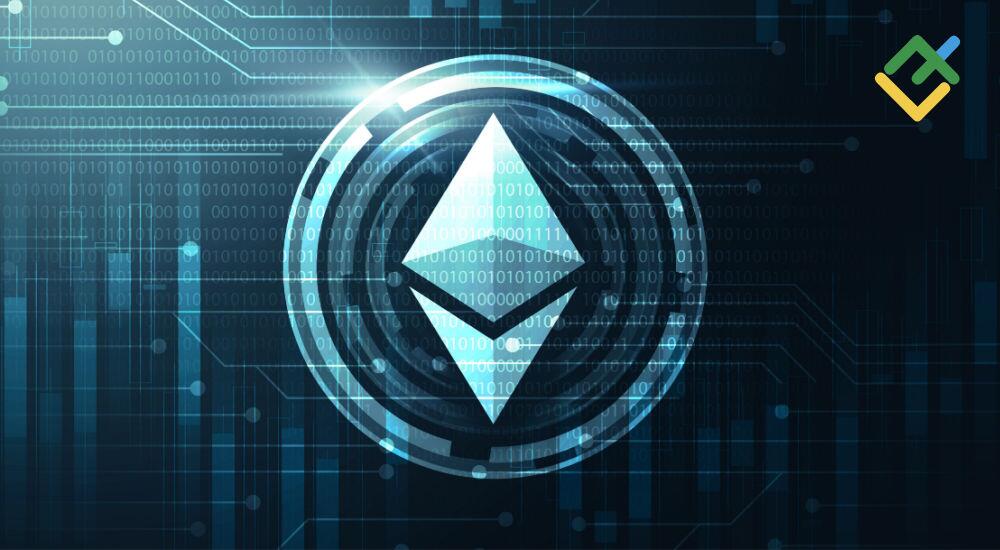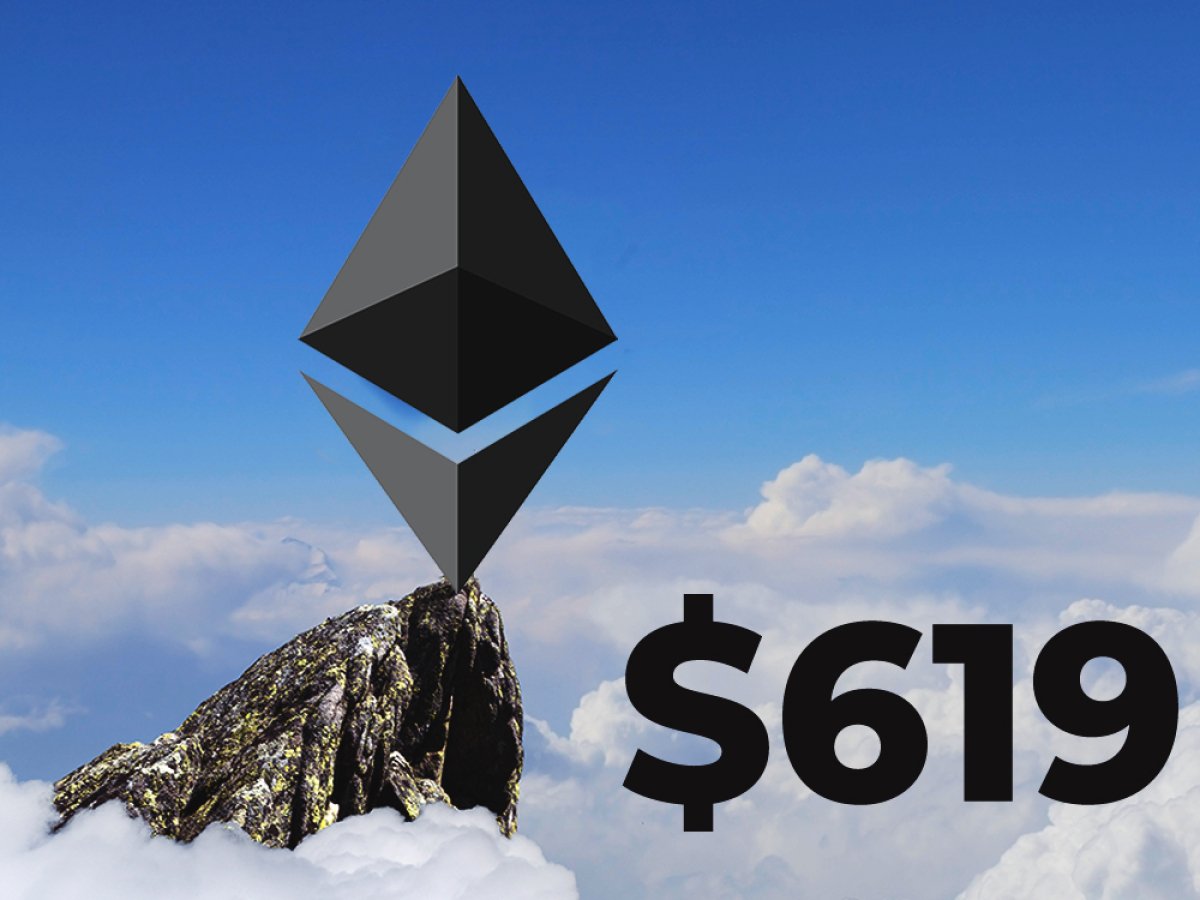Unlocking the Power of Ethereum: Understanding Ether (ETH)
Table of Contents
- ETH Dibakar, Bagaimana Harga Selanjutnya Untuk Ethereum? | CryptoHarian
- Ethereum (ETH) Aims for ,900: Key Factors to Watch Right Now
- Here's Why Ethereum (ETH) Soared to 9 High Earlier Today
- Ethereum (ETH) Price in US Dollar (USD) History for 2017 - Exchange ...
- Cryptocurrency ETH performing better than others - High Worth Citizen
- Ethereum Foundation Sold 1,700 ETH for .74 Million USDC
- Martin Kroger homepage
- Ethereum (ETH) Wallets Saw Second Most Active Day Since Launch: Guest ...
- Methods to Commerce Ethereum (ETH) - A Detailed Information - Money-Hook
- Ethereum Investors Are Ready To Sell ETH As It Hits .2K

Ethereum, the second-largest cryptocurrency by market capitalization, has been making waves in the digital world with its innovative blockchain technology and decentralized applications. At the heart of the Ethereum ecosystem lies Ether (ETH), the native cryptocurrency that fuels the network. In this article, we will delve into the world of Ether, exploring its definition, uses, and significance in the Ethereum universe.


What is Ether (ETH)?

Ether, also known as ETH, is the cryptocurrency used to pay for transaction fees and computational services on the Ethereum network. It is the "gas" that powers the Ethereum engine, enabling users to execute smart contracts, interact with decentralized applications (dApps), and transfer value across the network. Ether is mined through a proof-of-work consensus algorithm, which requires significant computational power to solve complex mathematical equations.


How Does Ether Work?

Ether is used in various ways within the Ethereum ecosystem. Here are some of its primary functions:

- Transaction Fees: Ether is used to pay for transaction fees, which are necessary to validate and process transactions on the network.
- Smart Contract Execution: Ether is required to execute smart contracts, which are self-executing contracts with the terms of the agreement written directly into lines of code.
- Decentralized Applications (dApps): Ether is used to interact with dApps, which are built on top of the Ethereum blockchain and offer a wide range of services, from gaming to finance.


Benefits of Ether
Ether offers several benefits to users and developers, including:
- Fast Transaction Times: Ether transactions are processed quickly, with block times averaging around 15 seconds.
- Security: The Ethereum network is secured by a large network of nodes and miners, making it a secure and trustworthy platform for transactions and smart contract execution.
- Decentralized Governance: Ether is decentralized, meaning that there is no central authority controlling the network or manipulating the supply of Ether.
In conclusion, Ether (ETH) is the lifeblood of the Ethereum ecosystem, powering the network and enabling users to interact with decentralized applications and execute smart contracts. With its fast transaction times, security, and decentralized governance, Ether has become a popular choice for developers and users alike. As the Ethereum network continues to evolve and expand, the importance of Ether will only continue to grow. Whether you're a seasoned developer or just starting to explore the world of blockchain, understanding Ether is essential for unlocking the full potential of the Ethereum ecosystem.
Visit ethereum.org to learn more about Ether and the Ethereum network.